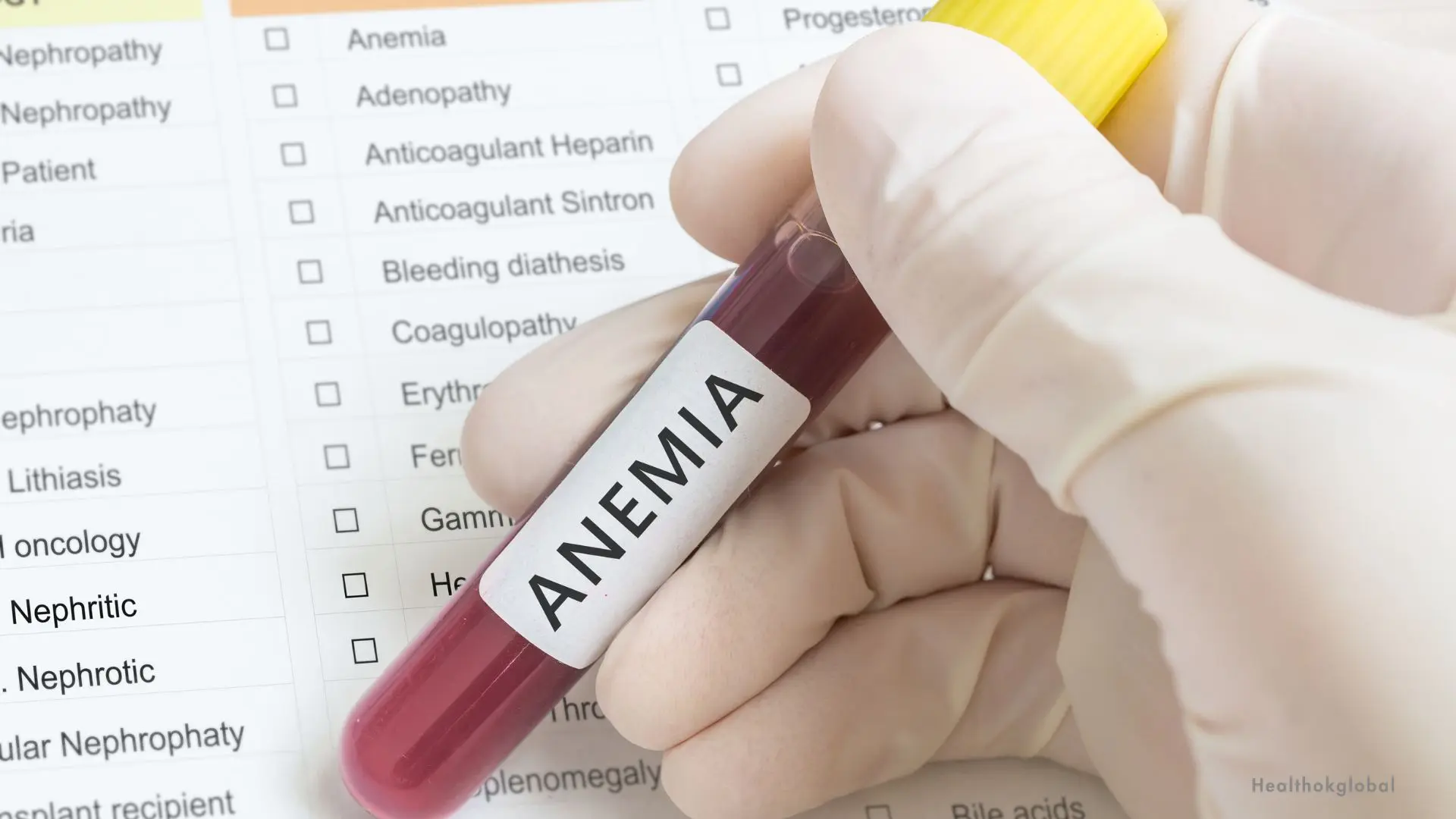Anemia is a common blood disorder that can significantly impact an individual's health and well-being. This comprehensive care plan covers the diagnosis, treatment, and management strategies for anemia.

Blog
Anemia Care Plan: A Detailed Guide
Anemia is a common blood disorder characterized by a deficiency of red blood cells or hemoglobin, which impairs the blood's ability to carry oxygen to the body's tissues. This condition can lead to fatigue, weakness, and a variety of other health issues. A comprehensive anemia care plan involves accurate diagnosis, effective treatment, and ongoing management to improve the patient's quality of life.
Anemia can be caused by various factors, including nutritional deficiencies, chronic diseases, genetic conditions, and blood loss. The most common type is iron deficiency anemia, but other types include vitamin B12 deficiency anemia, folic acid deficiency anemia, and hemolytic anemia.
Accurate diagnosis is the first step in creating an effective care plan for anemia. This involves a series of tests and evaluations to determine the underlying cause and severity of the condition.
The healthcare provider will review the patient's medical history, including any symptoms, dietary habits, and family history of anemia or related conditions.
A physical exam may reveal signs of anemia, such as pale skin, rapid heartbeat, or a swollen tongue.
A CBC measures the levels of red blood cells, hemoglobin, and hematocrit, providing essential information about the severity of anemia.
Tests such as serum ferritin, serum iron, and total iron-binding capacity (TIBC) help assess iron levels in the body.
Measurements of vitamin B12 and folate levels can help identify deficiencies that may be causing anemia.
Depending on the suspected cause, other tests such as a reticulocyte count, bone marrow biopsy, or genetic testing may be performed.
The treatment of anemia depends on the type and underlying cause. The primary goal is to increase the red blood cell count and address any underlying health issues.
Oral iron supplements are commonly prescribed for iron deficiency anemia. In severe cases, intravenous iron may be required.
Vitamin B12 injections or oral supplements are used to treat vitamin B12 deficiency anemia.
Folic acid supplements are prescribed for folic acid deficiency anemia.
Incorporate iron-rich foods into the diet, such as red meat, poultry, fish, legumes, and leafy green vegetables.
Vitamin C enhances iron absorption, so include citrus fruits, tomatoes, and bell peppers in meals.
Ensure a balanced diet that includes all essential nutrients to support overall health and prevent deficiencies.
ESAs stimulate the production of red blood cells and are used in cases of chronic kidney disease or chemotherapy-induced anemia.
In severe cases, blood transfusions may be necessary to quickly increase red blood cell levels.
Addressing any underlying health issues, such as infections, chronic diseases, or bleeding disorders, is crucial for effective anemia management.
Ongoing management and regular follow-up are essential to ensure the effectiveness of the anemia care plan and to make necessary adjustments.
Regular blood tests to monitor hemoglobin levels, red blood cell count, and other relevant parameters.
Keep track of any symptoms or changes in health status to provide feedback to the healthcare provider.
Maintain a nutrient-rich diet to support overall health and prevent recurrence of anemia.
Engage in moderate physical activity to improve overall well-being and enhance cardiovascular health.
Incorporate stress-reducing activities such as yoga, meditation, or hobbies to promote mental and physical health.
Educating patients about anemia and providing support can significantly improve treatment outcomes and patient satisfaction.
Explain the causes, symptoms, and treatment options for anemia to the patient and their family.
Emphasize the importance of taking prescribed medications and following the treatment plan.
Encourage participation in support groups for individuals with anemia to share experiences and gain emotional support.
Maintain open communication with the healthcare team to address any concerns or questions about the treatment plan.
A comprehensive anemia care plan encompasses accurate diagnosis, effective treatment, and ongoing management. By addressing the underlying causes and providing targeted interventions, patients can achieve significant improvements in their health and quality of life. Regular monitoring, lifestyle modifications, and patient education are essential components of a successful anemia management strategy.
Anemia can be caused by various factors, including nutritional deficiencies, chronic diseases, genetic conditions, and blood loss. The most common type is iron deficiency anemia, but other types include vitamin B12 deficiency anemia, folic acid deficiency anemia, and hemolytic anemia.
Accurate diagnosis is the first step in creating an effective care plan for anemia. This involves a series of tests and evaluations to determine the underlying cause and severity of the condition.
This section covers 2. Laboratory Tests in detail.
Need Personalized Health Guidance?
Get expert advice tailored to your specific health needs from our qualified healthcare professionals.





